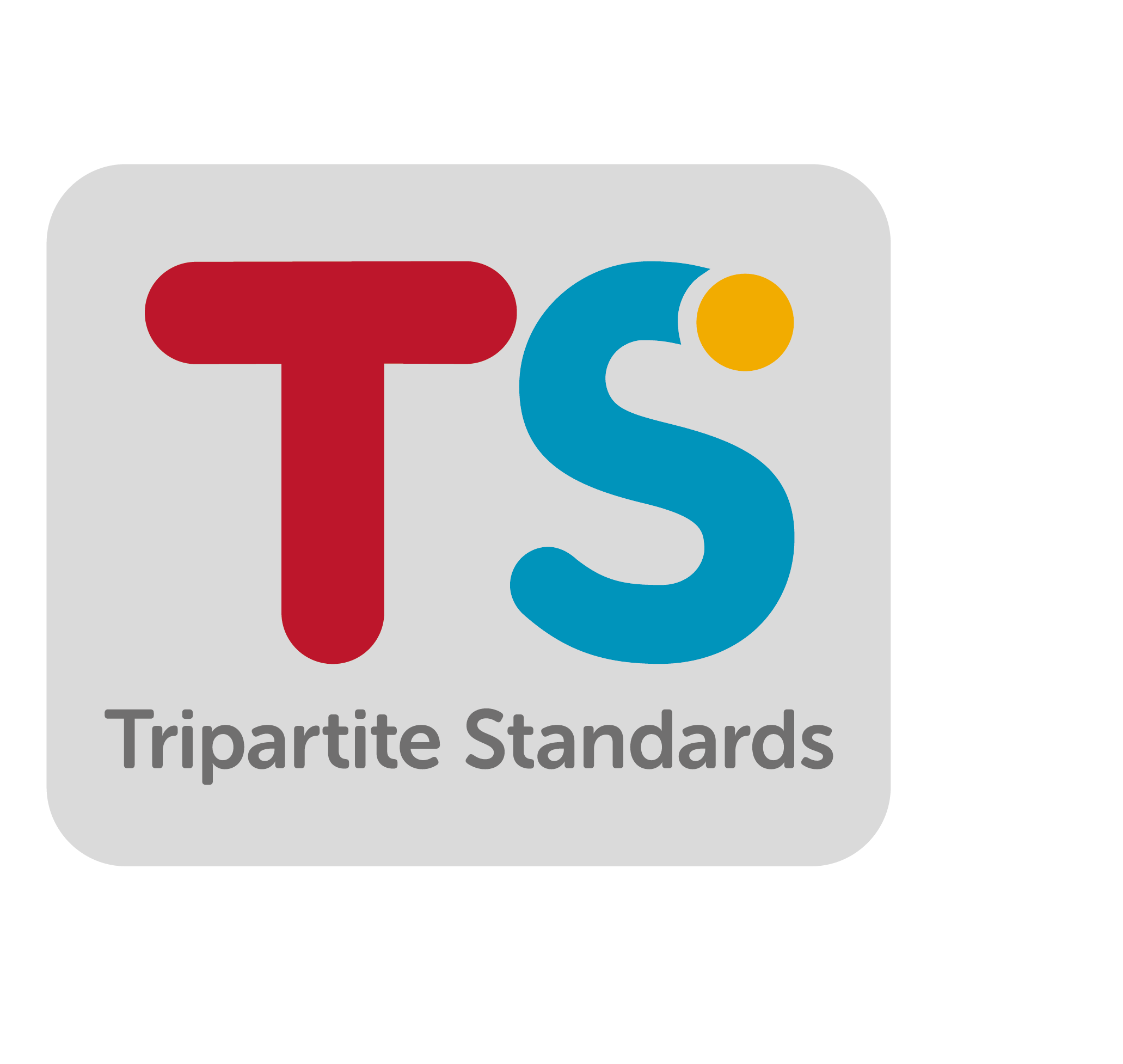Latest Changes in EP Eligibility. What are the Hot Demand Jobs in Singapore?
The Ministry of Manpower (MOM) have announced changes to Employment Pass Eligibility. These changes will strengthen the quality of EP holders and their complementarity to the local workforce. Find out how these changes affect EP applications and renewals!
Read on to find out more what are the jobs in hot demand in Singapore and what employees are looking for in the new world of work.
–
Complementarity Assessment Framework (COMPASS) for EP Applicants from 1 Sept 2023
From 1 September 2023, EP candidates must pass a two-stage eligibility framework. In addition to meeting the qualifying salary (Stage 1), EP candidates must pass a points-based Complementarity Assessment Framework (COMPASS) (Stage 2).
COMPASS will apply to:
- New applications from 1 September 2023
- Renewals from 1 September 2024

Application is scored on four foundational criteria. Extra points under the bonus criteria can be earned if it meets the relevant qualifying conditions.
40 points are required to pass COMPASS.
Exemption from COMPASS
Candidate will be exempted from COMPASS if they fulfil any of these conditions:
- Earning at least $22,500 fixed monthly salary (similar to the prevailing Fair Consideration Framework job advertising exemption from 1 September 2023).
- Applying as an overseas intra-corporate transferee under the World Trade Organisation’s General Agreement on Trade in Services or an applicable Free Trade Agreement that Singapore is party to.
- Filling a role on a short-term basis, i.e. 1 month or less.
Self-Assessment Tool
Self-Assessment tool will be released in September 2023
Source: Complementarity Assessment Framework (COMPASS) (mom.gov.sg)
–
In the New World of Work, Workplace Flexibility Has Become a Key Focus
The pandemic has altered how people work, with more focus on flexible work arrangements.
A recent study shows that almost half of employees surveyed are content with the increased flexibility at work, and over half consider flexible work locations and hours essential. One in four respondents even consider flexibility the most important factor when looking for a new job.
Investing in Digital Technologies
Digital technologies are crucial in enabling this shift to hybrid work. However, only 33% of employers consider employee preferences when investing in new technology. The study emphasizes the need for organizations to invest in digital tools and connectivity that facilitate remote collaboration and flexibility to stay competitive.
However, balancing visibility and privacy in a hybrid work environment remains a challenge, with 65% of optimistic employees anticipating an increase in monitoring.
Source: Flexibility takes centre stage in the new world of work | (hrmasia.com)
–
APAC Survey Finds Singaporeans ‘Most Anxious’ About Job Security
New report finds Singapore-based employees to be the most anxious about the future of their employment compared to workers in other countries. The report surveyed workers in Singapore, Malaysia, the UK, Australia, and New Zealand.
It was found that younger workers feel more confident about their future than older ones, and men are more likely to feel secure in their roles than women.
Global trend of layoffs
The anxiety comes amid growing reports of layoffs across the world, and fears about job insecurity could be attributed to a “sense of anxiety around business growth”. This sense of unease around business contraction was also a key reason for employees looking elsewhere for opportunities.
How employers can help
Employers are advised to give their employees a sense of security by meeting regularly with them to talk about company operations and being transparent about the company’s direction and challenges.
Source: APAC survey finds Singaporeans ‘most anxious’ about job security | HRD Asia (hcamag.com)
–
High Demand for Jobs in the Green Economy Sector in Singapore
Singapore is seeking to establish itself as a carbon services and trading hub, creating a demand for jobs in the green economy to help businesses decarbonise and implement their net-zero strategies.
With the implementation of COMPASS, it is easier for firms to hire foreigners for certain roles in the decarbonisation sector. Four roles, including carbon verification and audit specialist, carbon trader, carbon programme manager, and carbon standards and methodology analyst, will draw extra points.
Opportunities
The decarbonisation sector is estimated to be a US$10tn market opportunity in South-east Asia. It has the potential to create over 5.5 million jobs by 2050. It is estimated 50,000 new green jobs to be created by 2030.
Hence, the government will need to train local resources as well as attract talent from overseas to achieve its targets.
Source: Jobs in green economy in hot demand as S’pore looks to become carbon services hub | (straitstimes.com)
–
Disclaimer: Please use the information provided in this newsletter at your own discretion and risk. We are not responsible for any losses incurred by users in relation to the information provided in this newsletter and we seek your understanding.















